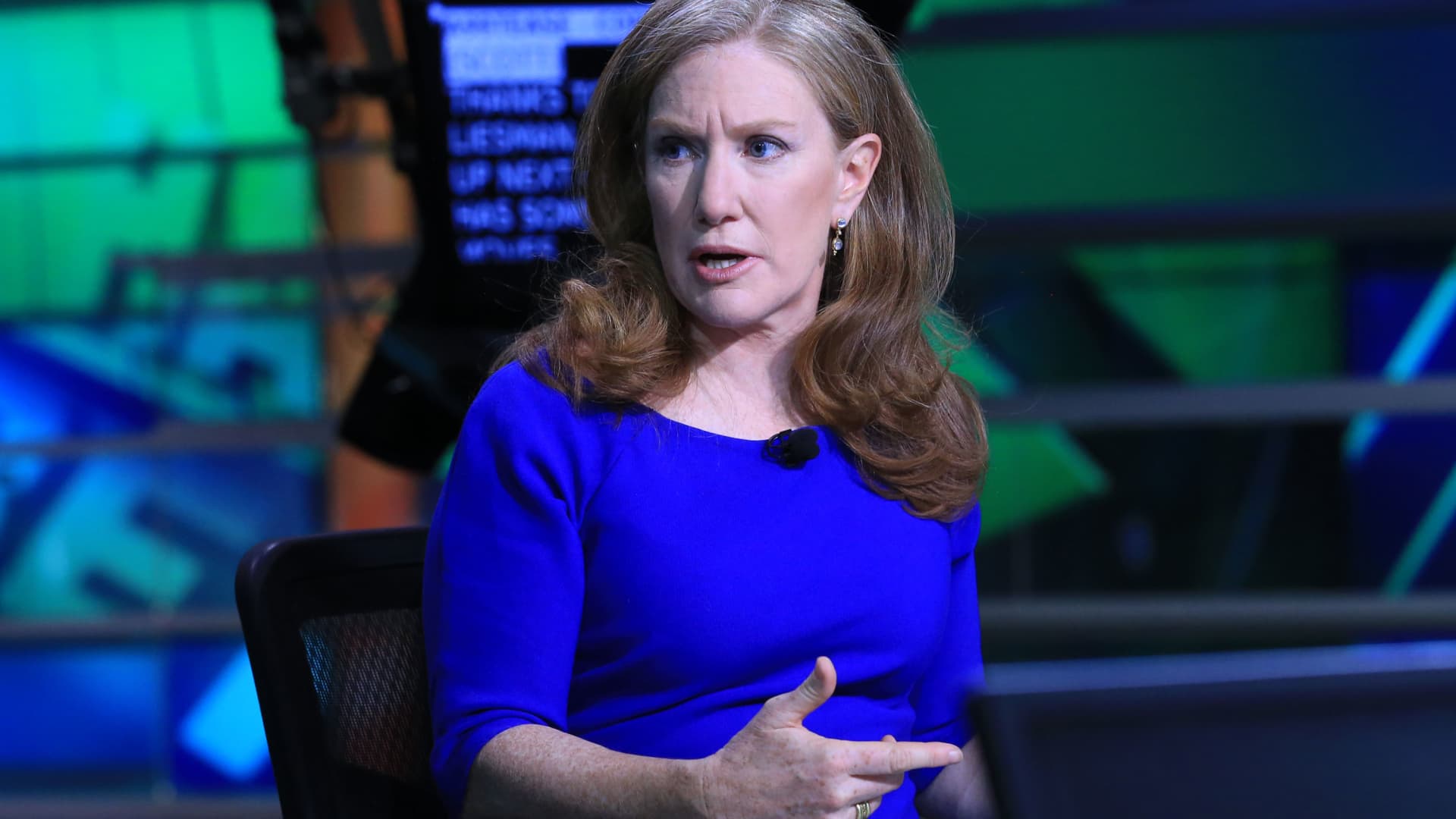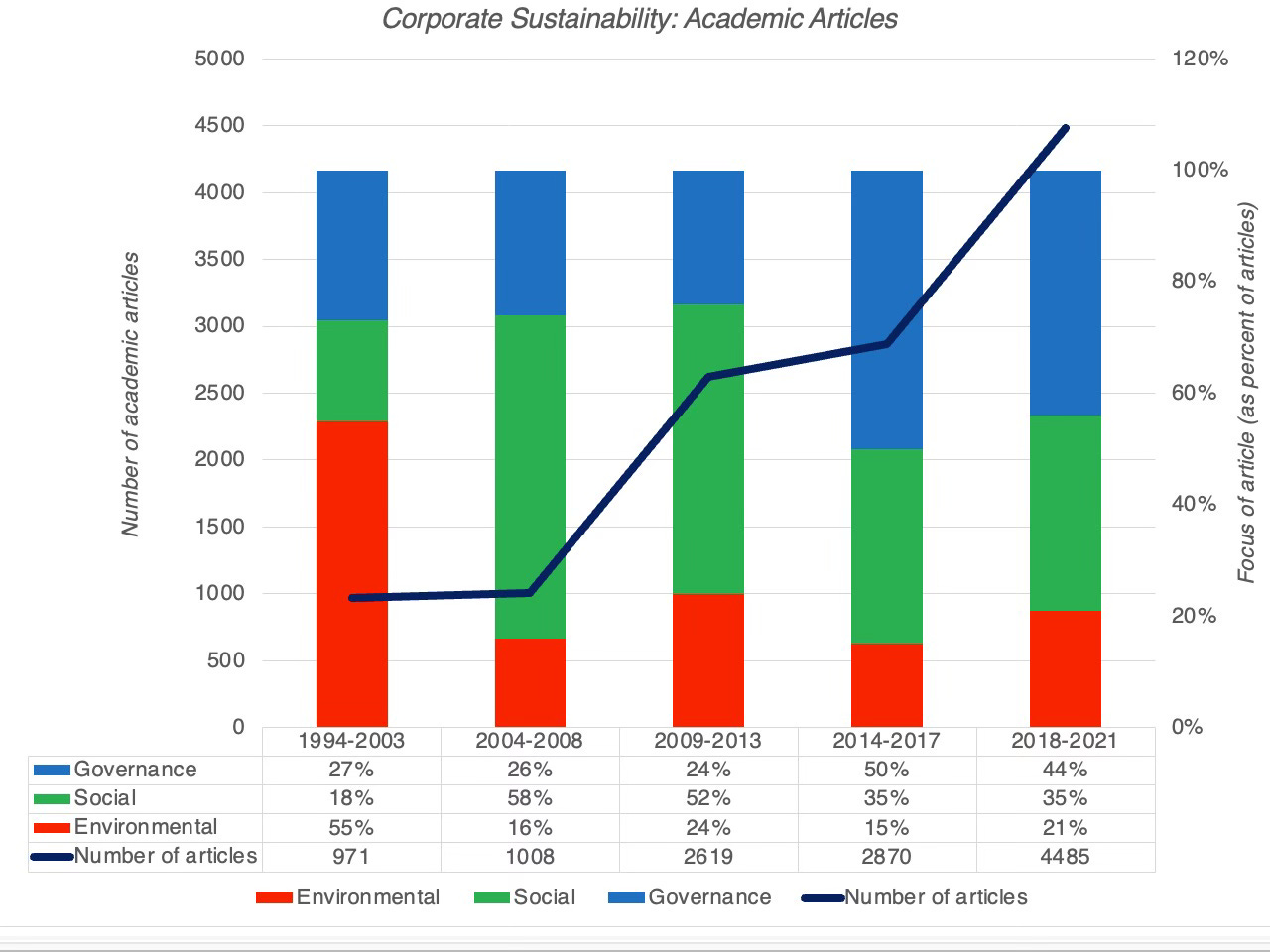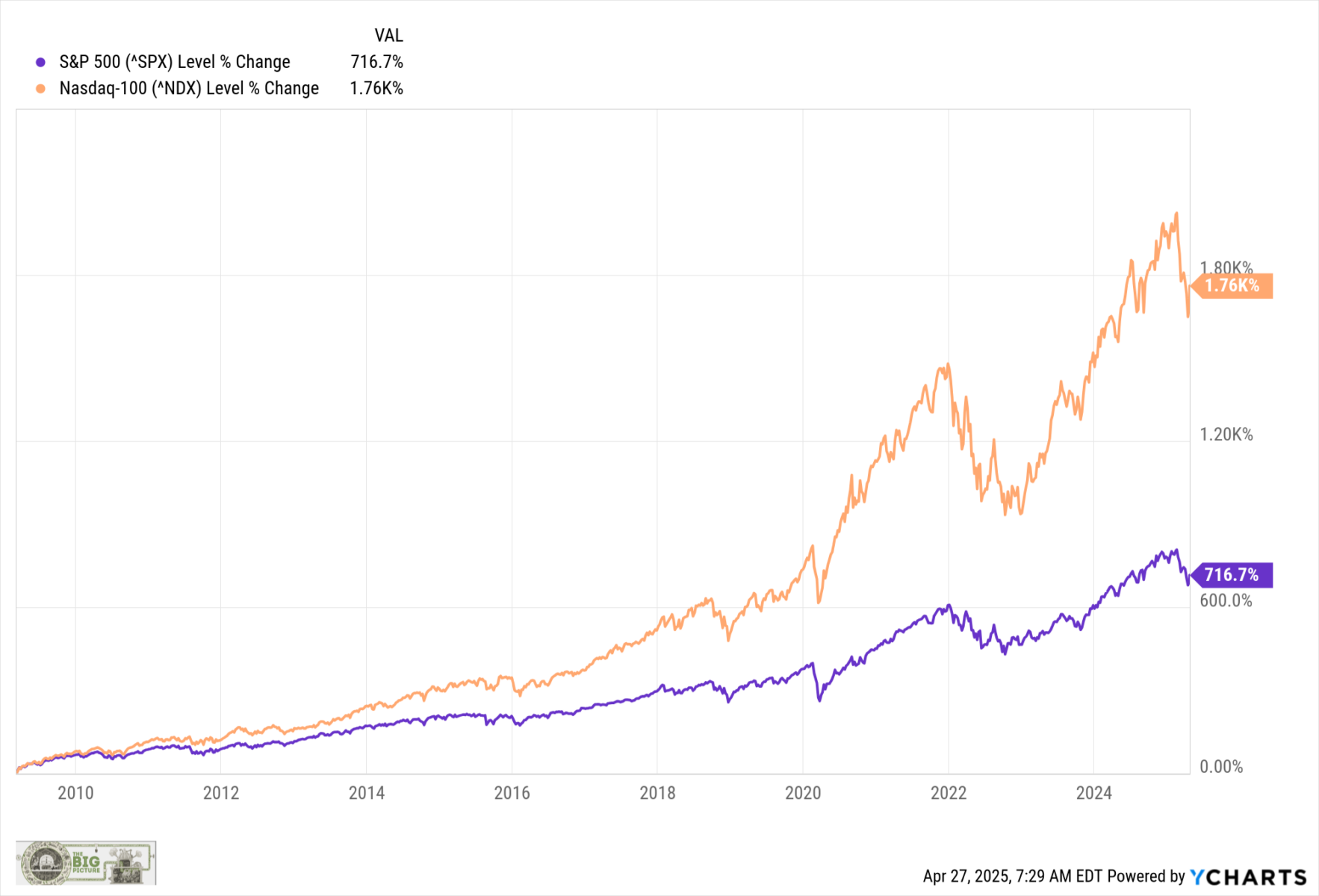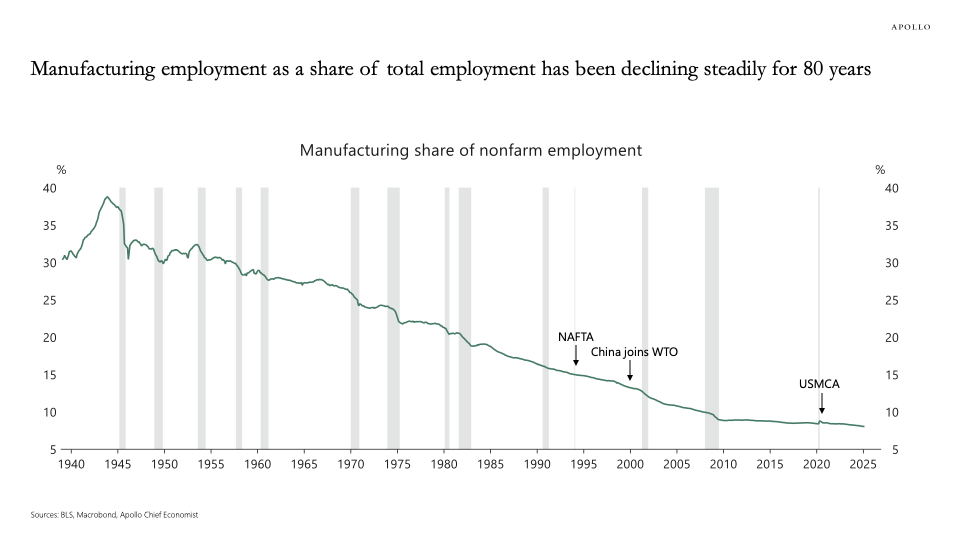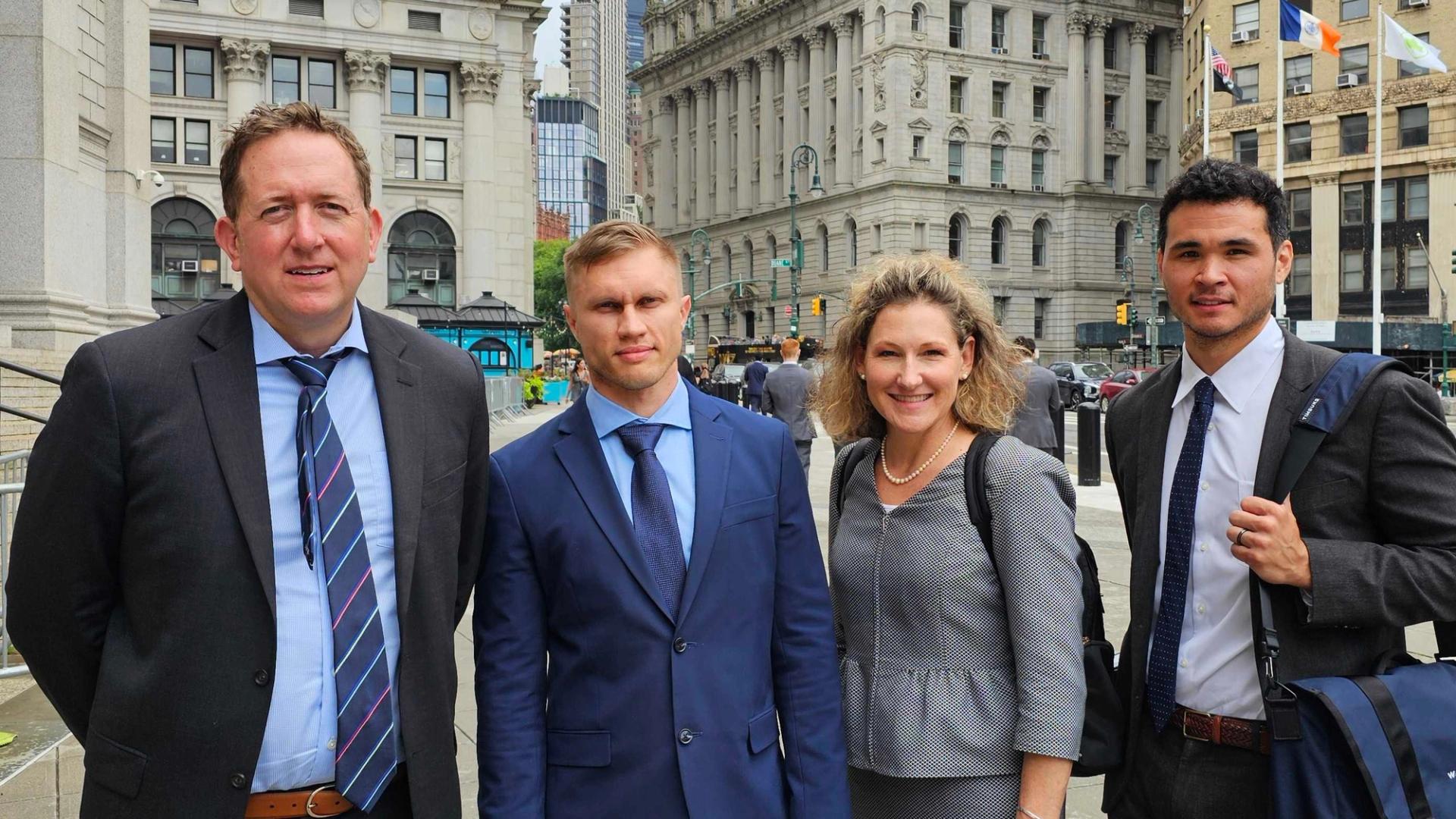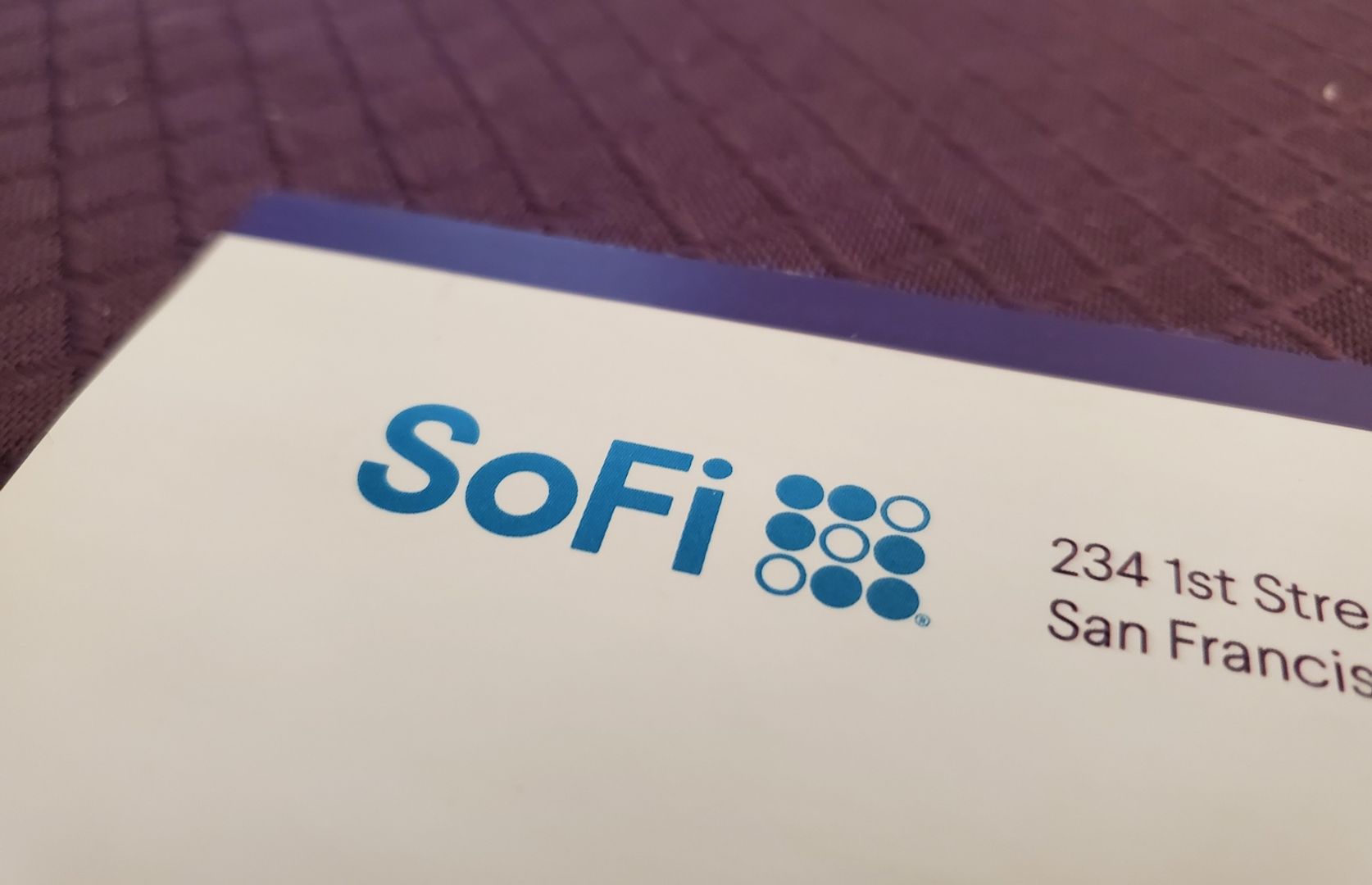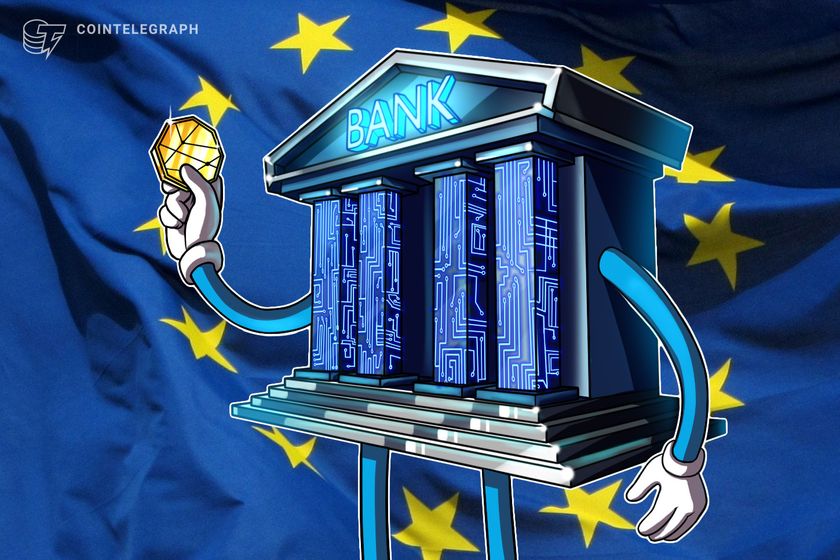For professional service firms, AI is a big help—but also a potential existential threat
AI is automating key business tasks. But does that mean business consultants will be replaced too?

Hello and welcome to Eye on AI. In this edition…consultants’ automation dilemma…OpenAI unveils a shopping feature for ChatGPT…Bloomberg finds RAG can make AI models less safe…and brands race to figure out chatbot-mediated commerce.
Management consulting is high on the list of industries whose business model is threatened by generative AI. After all, analyzing written documents, doing research, and writing reports is a lot of what consultants do. If your client can now use a “deep research” AI agent to do this work, do they still need to hire you? Even if the customer does hire you, they’ll probably expect you to use such an agent and bill for less time—upending the cost structure of a consultant’s business. So management consultants are having to come to terms with AI perhaps faster than other fields—and how they are doing so may have lessons for us all.
Recently, I spoke to David Pereira, who is head of generative AI for Europe and Latin America at NTT Data, the IT consulting and services provider that is owned by Japan’s NTT Group. The transformation in Pereira’s title is not just about how NTT Data is helping transform its clients’ business. It’s also about how NTT Data is transforming itself to meet the genAI moment. Pereira tells me that NTT Data’s own analysis indicated that 40% of the consulting firm’s revenues could be jeopardized by generative AI. So getting this transformation right is a high-stakes venture. “There was a challenge there, but also an opportunity for us,” he says.
Pereira says NTT Data has organized its response to genAI around four main work streams. The most important, he says, is “talent and cultural transformation.” The consulting firm is training all of its employees to understand and use AI. It is also thinking hard about how roles within the company will change—and proactively looking to reconfigure its workforce around the use of AI.
The second stream is called “value development” and concerns how NTT Data uses generative AI directly for and with its customers. Here, the company has put some big numbers on the board: It used generative AI to automate 2 million hours of software development—90% of it for clients—in the last fiscal year, which ended March 31. This coding assistance has meant that NTT Data has been able to lift the average profit margins of its IT services delivery projects by about 2%, Pereira says.
Value-based Pricing, every AI vendor’s Holy Grail
But aren’t NTT Data’s customers aware it is using genAI to deliver some of its services, and demanding the company charge less as a result? Well, Pereira says, in some cases the answer is, yes. But in others the firm either charges a fixed price or has managed to move customers to a value-based pricing arrangement in which NTT Data gets paid based on particular set of customer KPIs. The deal is often structured as a “success-based” payment, where if the KPI doesn’t move in the right direction, NTT Data makes nothing, but its compensation also ramps up in line with how much the KPI improves.
This kind of pricing model is the Holy Grail for many of those selling AI-based services. But as Pereira notes, many customers are uncomfortable moving to this kind of system because they dislike variable costs. “They expect to know what the cost of the project is beforehand,” he says.
The third stream is what Pereira calls NTT Data’s “productive model,” which is a tech platform the firm has developed for deploying generative AI models and solutions. One of the key considerations here, he says, was to build a platform that was “plug and play”—where it was easy to substitute in AI models from different vendors. Given how fast the technology is moving, he says, it's essential not to get locked in to any given model or vendor. “We need to have our own platform, so we can decide our strategy independently from the strategy of the vendors,” Pereira says.
The fourth and final work stream is focused on “internal processes,” or the support functions of NTT itself, such as human resources, accounting, and marketing, and infusing AI into all of these departments to make them more efficient. Pereira says last year the firm automated 54,000 hours of internal work in this stream. This has included tasks such streamlining the onboarding of new vendors to its purchasing and procurement system and using AI to help screen the resumés of job applicants.
Will a line still exist between service and software?
While Pereira is excited about the potential of AI agents, he says NTT Data is cautious about introducing them for client service tasks, for several reasons. One is simply that they are not yet that reliable. It’s “introducing huge risks, and I don't think organizations are really prepared to manage this kind of risk [with] completely autonomous processes,” he says. Another reason is that NTT Data wants to emphasize the value its human consultants are providing. Automation can make the firm’s human consultants more efficient, but if the client comes to see AI as the primary driver of the firm’s value, then it’s in trouble. “Because if 100% of the value comes from the automation, then we are out of the equation,” he says.
The whole industry, Pereira says, must figure out how to draw the distinction between providing a service and providing software. Because, he says, if everything becomes software, then consultancies as a whole are finished.
With that, here’s the rest of this week’s AI news.
Jeremy Kahn
jeremy.kahn@fortune.com
@jeremyakahn
Before we get to the news: Are you going to be in London next week? Do you want to know more about how AI will impact your business, the economy, and our society? If so, I hope you'll join me at Fortune Brainstorm AI London 2025. The conference is being held May 6–7 at the Rosewood Hotel in London. Confirmed speakers include Hugging Face cofounder and chief scientist Thomas Wolf, Mastercard chief product officer Jorn Lambert, eBay chief AI officer Nitzan Mekel, Sequoia partner Shaun Maguire, noted tech analyst Benedict Evans, and many more. I’ll be there, of course. I hope to see you there too. Apply to attend here.
And if I miss you in London, why not consider joining me in Singapore on July 22–23 for Fortune Brainstorm AI Singapore. You can learn more about that event here.
This story was originally featured on Fortune.com
































































